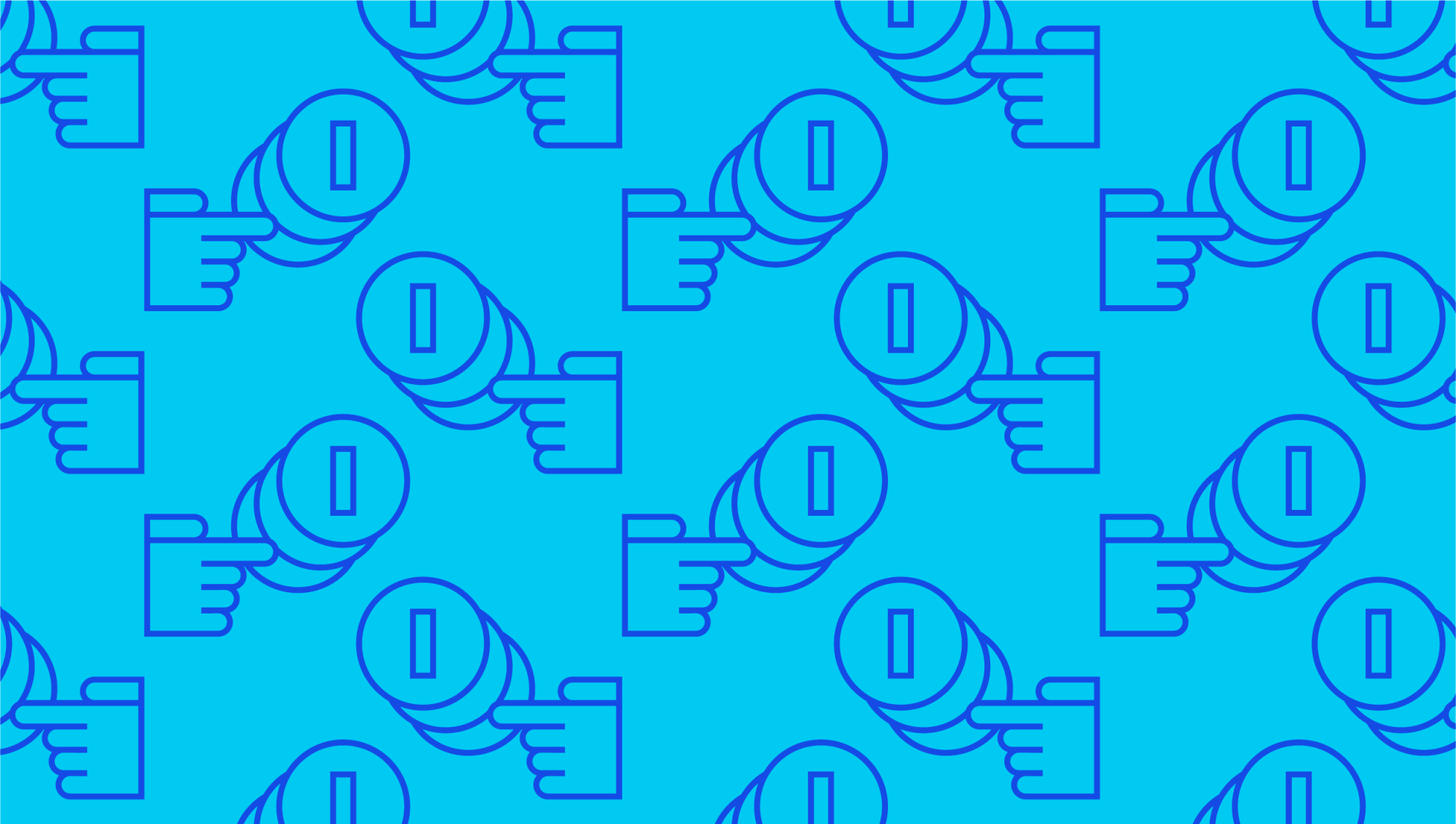Last editedNov 20222 min read
Any business making bank transfers within the UK has almost certainly encountered either the CHAPS or the Bacs bank payment systems. They are used for high volume or high value transfers between one business and another and regular smaller payments. Their fast transfer clearance or payment scheduling feature makes them excellent for business transactions.
There are significant differences between BACS and CHAPS
We will explain those here so you know which option is better for your situation.
What is the CHAPS payment method?
CHAPS – the Clearing House Automated Payment System – is a same-day bank-to-bank transfer system for high-value transactions that are time-sensitive. It only transfers sterling within the UK, and this limitation allows it to transfer large amounts quickly.
This payment system is often used for one-off payments of the large variety, partly because each transaction is relatively expensive compared to the BACS payment system. The exact charge per transaction can vary between banks but will usually be somewhere in the region of £30, give or take a few pounds on either side. So while CHAPS is quick and easy, it can get pretty expensive if you make lots of smaller transactions.
There is no ceiling on how much you can transfer through the CHAPS system, although the BACS system might be better if you are making multiple transactions under several thousand pounds. Large corporations making massive one-off transfers will lean towards CHAPS for its same-day delivery as payment only takes a couple of hours to clear. Individuals or small businesses might prefer it for large incidental payments, such as buying new equipment or vehicles.
Even though the big attraction of CHAPS is same-day payment, note that some individual banks do not accept CHAPS payments later than 3 pm, rendering the same-day delivery void as they simply won’t process the payment until the next day.
What is the BACS payment method?
BACS – Bankers Automated Clearing Services – is one of the UK’s most popular bank transfer payment methods. It is estimated that about 100 million transactions are made on average every day via BACS.
If you have ever made any direct debit or direct credit transactions, then BACS is the system you will have used, as it handles both these types of transfers. BACS transfers money directly between bank accounts and is mostly used for smaller transactions such as monthly wages being paid to employees, payments to suppliers and debt repayments. The Government also uses BACS to credit welfare and pension payments because the payment scheduling feature makes it easy.
Because it is meant for use with lower value transactions, BACS enforces a ceiling of £250,000 per unique transfer and the fees per transaction are very low, certainly compared to CHAPS. Expect to pay anywhere between 5p and 50p for a BACS transfer, although many banks charge additional fees on top.
Another big difference between BACS and CHAPS is the time it takes for transfers to clear. While CHAPS takes just hours, a transfer through BACS may take two to three business days to clear.
CHAPS vs BACS: which is faster?
As explained above, CHAPS is significantly faster than BACS as it clears the transactions in a matter of hours, making same-day payments possible. As BACS takes up to two to three business days to clear, it is not the best option for time-sensitive transactions.
Which payment method is better for your business?
Which payment to choose out of CHAPS vs BACS comes down to what kind of service you require most. Regular, lower-value amounts favour the BACS system, whereas larger one-off payments favour CHAPS. The clearance time will also be a factor, so payments that need to clear as soon as possible are better paid through the CHAPS system.
It is also possible for a business to use both – BACS to pay employees and suppliers, and CHAPS for occasional, large, one-off payments.
We Can Help
If you’re interested in finding out more about the BACS or CHAPS payment methods, or any other aspect of your business and its finances, then get in touch with our financial experts. Find out how GoCardless can help you with ad hoc payments or recurring payments.


